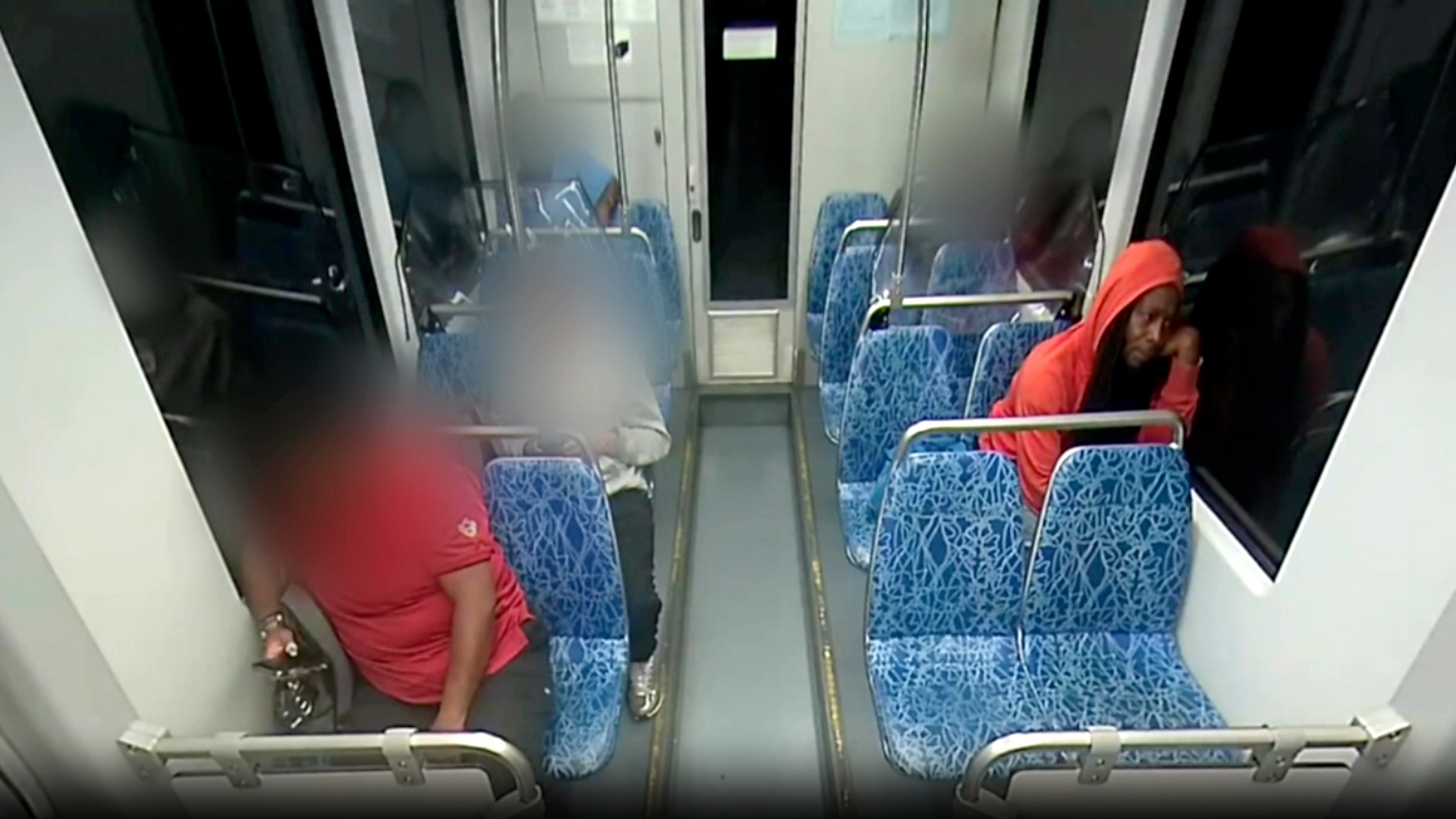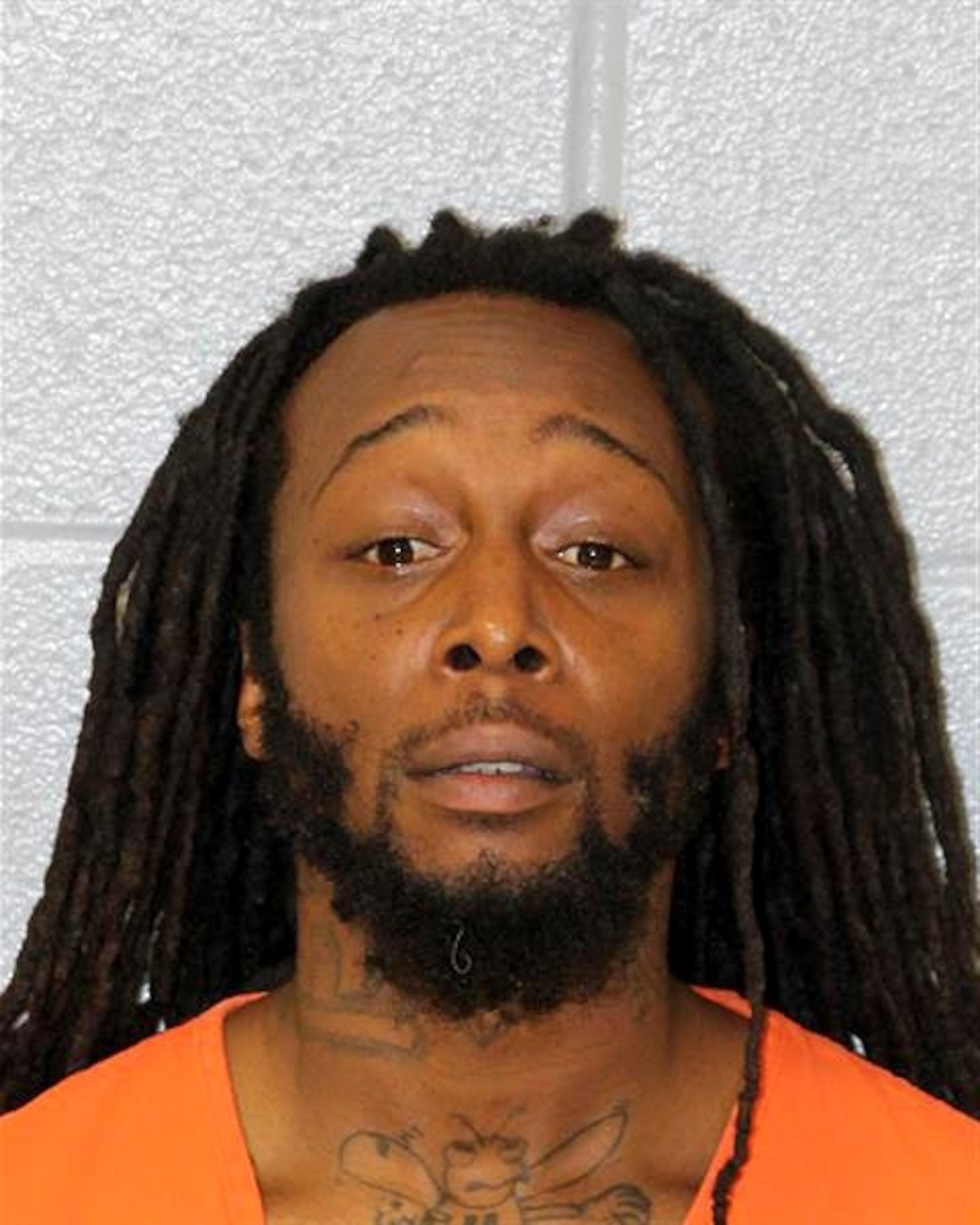

One month after Iryna Zarutska was fatally stabbed while riding the Charlotte light rail, the North Carolina legislature passed a bill named after the 23-year-old victim that would issue reforms to the state's criminal justice system.
House Bill 307, known as Iryna's Law, seeks to modify the law relating to pretrial release conditions -- specifically for those "charged with a violent offense." The bill proposes removing cashless bail, studying the "intersection between mental health and the judicial system," and adding an "aggravated sentencing factor" to those who commit offenses while a victim was using a public transportation system, according to the bill.

The bill passed the Senate on Monday night and the House on Tuesday. It now heads to North Carolina Gov. Josh Stein's desk for his consideration.
"For nearly two decades, judicial and administrative roadblocks have stopped true justice for victims, and it's time for that to end," North Carolina Senate Leader Phil Berger said in a post on Monday shared on X.
The bill also includes a measure that "seeks to revive the death penalty in the state," according to a press release from North Carolina Senate Republicans. Senate Democrats voted against this amendment and walked out of the Senate floor, "refusing to vote" on the bill, Berger said.
During the Senate judiciary meeting, Mecklenburg County Democratic Sen. Mujtaba Mohammed said the bill "exploits grief for headlines, clicks and votes."
"Their name deserves dignity, not weaponization. It's not about politics, it's about respect," Mohammed said on Monday.
Zarutska, a Ukrainian refugee, was fatally stabbed on Aug. 22 just before 10 p.m. while riding the Blue Lynx Line in Charlotte, according to an affidavit obtained by ABC News.
The release of the attack on video caused national outrage, with President Donald Trump demanding the suspect, 34-year-old Decarlos Brown, be "awarded THE DEATH PENALTY" in a social media post on Sept. 10.

The night she was killed, Zarutska had just finished work and had "texted her boyfriend that she would be home soon," according to a statement from her family's attorney.
She boarded the train and sat in an aisle seat in front of the suspect, who is seen wearing an orange sweatshirt, the affidavit noted.
The train travels for "approximately four and a half minutes before the suspect pulls a knife out of his pocket, unfolds the knife, pauses, then stands up, and strikes at the victim three times," the affidavit said.
Zarutska was pronounced dead at the scene and a witness directed officials to the location of the suspect, the affidavit said.
On Monday night, a vigil was held for Zarutska, who was described by her uncle as "the glue of the family."
The Charlotte Area Transit System (CATS) confirmed to ABC News there was no security on board the train at the time of the attack, with a spokesperson saying a security team "patrols the system, they are not stationed in one area."
After the attack, Charlotte Mayor Vi Lyles said the city would be increasing security on commuter trains "effective immediately."
Brown, who was arrested for Zarutska's murder the same night she was killed, was charged by the U.S. Attorney's Office in the Western District of North Carolina with committing an act causing death on a mass transportation system, which could make him eligible for the death penalty, the Justice Department said on Sept. 9.

The suspect has a criminal record including larceny and breaking and entering charges. He also spent five years in prison for robbery with a dangerous weapon starting in 2015, according to the North Carolina Department of Adult Correction.
In total, Brown has been charged 14 times in the past, including an arrest in January, but was "still on the streets" leading up to the attack, North Carolina FBI Special Agent James Barnacle Jr.
Brown's mother and sister said he struggled with mental illness for years after being released from prison and that he claimed there was a "material" in his body that controlled him. His mother, Michelle Dewitt, told ABC News her son was diagnosed with schizophrenia and had been given medication, but she said he refused to take it.
Brown's scheduled court appearance on Sept. 19 was canceled, with his next hearing now expected on Oct. 16, according to court records. It is unclear whether Brown has an attorney who can speak on his behalf.
The North Carolina Democratic Party did not immediately respond to ABC News' request for comment.
